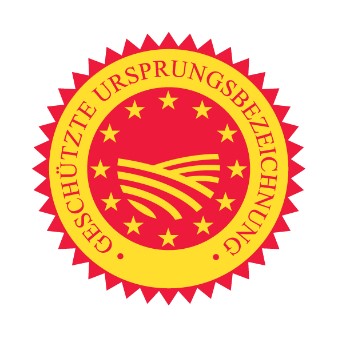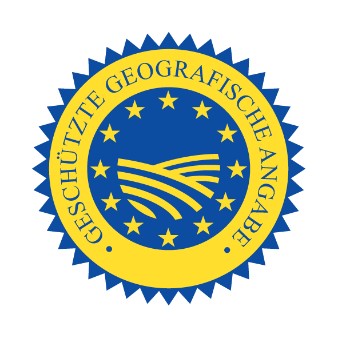The artificial intelligence Dall E 2 generates controversy. Photographers, illustrators and designers feel threatened, because with Dall E 2, images can be created by text input. Uncomplicated and but with open legal questions.
What is Dall E 2?
Dall E is an artificial intelligence developed by OpenAI. OpenAI describes itself as an AI research and deployment company and says about itself:
Continue readingOpenAI’s mission is to ensure that artificial general intelligence (AGI)—by which we mean highly autonomous systems that outperform humans at the most economically valuable work—benefits all of humanity.




